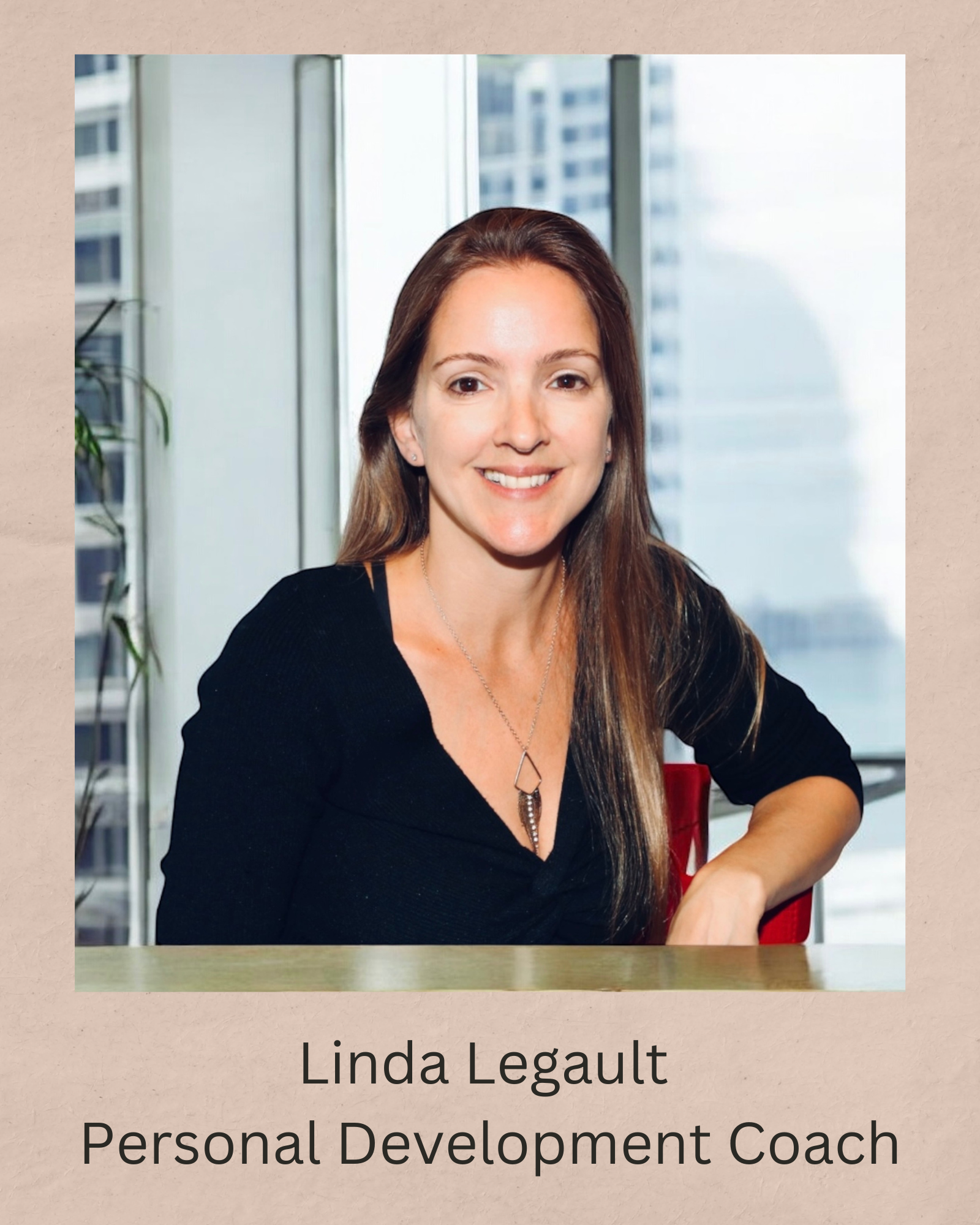Emotional Eating & Food Relationships

Understanding the "Why" Behind What We Eat
We all eat for reasons beyond hunger. Birthday cake for celebration. Ice cream after a breakup. Popcorn during a movie. Food isn’t just fuel — it’s memory, emotion, comfort, and connection.
But sometimes, those emotional ties to food become unbalanced, leading to patterns that leave us feeling out of control, guilty, or stuck in cycles of stress and overeating.
Let’s talk about emotional eating and our relationship with food — what it really means, how to recognize it, and most importantly, how we can begin to heal.
What Is Emotional Eating?
Emotional eating is when we use food to cope with feelings rather than to satisfy physical hunger. It’s eating not because your body needs nourishment, but because your mind or heart needs soothing.
Common triggers for emotional eating include:
- Stress or overwhelm
- Sadness or loneliness
- Boredom or restlessness
- Anxiety or fear
- Even happiness or reward
The problem isn’t that food brings comfort. The problem arises when eating becomes the primary or only way we cope with our emotions — often without us even realizing it.
Signs of Emotional Eating
It can be hard to tell if you’re eating emotionally or just enjoying food. Here are some key signs to look for:
🔸 You eat when you’re not physically hungry
You’ve just eaten, but find yourself in the pantry 30 minutes later.
🔸 Cravings come on suddenly and feel urgent
Physical hunger builds gradually; emotional hunger feels intense and urgent, often for specific “comfort” foods.
🔸 Eating leads to guilt or shame
You may feel out of control while eating, then regret it afterward.
🔸 Food is your main coping mechanism
You consistently turn to food for stress relief, celebration, sadness, or numbing.
🔸 You eat mindlessly
You barely taste or enjoy the food — it’s more about distraction or escape than satisfaction.
Why We Develop Emotional Eating Habits
Our relationship with food is shaped early. If food was used to reward, comfort, or soothe us as children, it often becomes a reflex as adults. Diet culture also plays a role — by labeling foods as “good” or “bad,” we can develop shame around eating that leads to bingeing or restriction-rebellion cycles.
Ultimately, emotional eating isn’t a failure of willpower. It’s a signal that something deeper is going on — a need that isn’t being met in a more nourishing way.
How to Begin Healing Your Relationship with Food
You don’t need to “fix” yourself — you need to listen to yourself. Healing emotional eating isn’t about rigid rules; it’s about awareness, self-compassion, and learning healthier ways to meet your needs.
1. Pause & Tune In
Before eating, ask yourself:
👉 Am I physically hungry?
👉 What emotion am I feeling right now?
👉 What do I really need in this moment?
Even a 30-second pause can shift you from reaction to reflection.
2. Identify Your Triggers
Keep a simple journal — what happened before you ate? What were you feeling? Over time, patterns emerge that help you understand what’s really driving the behavior.
3. Build an Emotional Toolkit
What else soothes you besides food? Try:
- Taking a walk
- Calling a friend
- Listening to music
- Journaling
- Practicing deep breathing or meditation
You’re not depriving yourself — you’re expanding your options.
4. Practice Mindful Eating
- Eat without distractions
- Slow down and really taste your food
- Notice hunger and fullness cues. Mindful eating helps restore your trust in your body.
5. Release the Guilt
You’re not bad for emotionally eating. You’re human. Shame only fuels the cycle. Replace self-criticism with curiosity. Ask, “What was I needing in that moment?”
6. Work With a Professional (If Needed)
A therapist or registered dietitian (especially one trained in intuitive eating or eating disorders) can help you explore deeper emotional roots and build sustainable habits.
Final Thoughts: Food Is Not the Enemy
Food is not just fuel — it’s part of our culture, our comfort, and our joy. The goal isn’t to remove emotion from eating entirely. The goal is to have balance and awareness, so food is one of many ways we care for ourselves, not the only way.
A healthy relationship with food is one where you trust your body, respect your emotions, and treat yourself with kindness — both at the table and beyond it.
So the next time you reach for a snack, take a breath. Ask yourself, “What am I really hungry for?” The answer might surprise you — and it might be the start of something healing.





